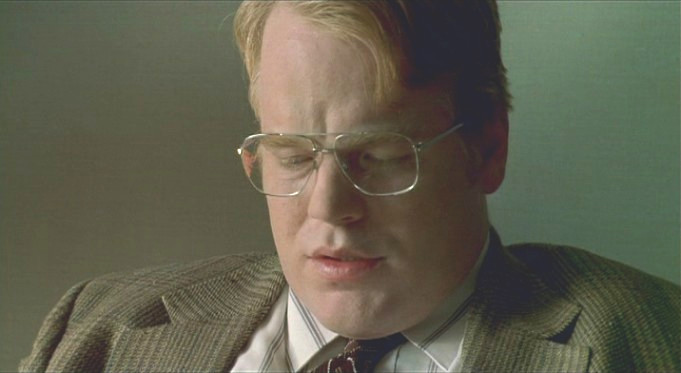
The 1990s ushered in a darker, edgier tone in films. With the newfound popularity of indie filmmaking, which operated outside the traditional Hollywood system, filmmakers found a new freedom in the types of films–and the sort of subject matter–that could be produced. In this atmosphere, dark comedy thrived, particularly edgy satires of social and political mores.
And comedy can often be its darkest when uncovering an awful truth at the heart of many avenues found in society. Whether it’s uncovering the guile and hypocrisy in politics, the absurd frustrations that can be found in creative endeavors, or simply how unrestrained ambition or perversion can warp people beyond recognition. And there’s something funny to be found in this–disturbing, but funny. And here are 10 great dark comedies from this fertile decade that saterize and subvert audience expectations and elicit dark humor from their characters.
1. Bob Roberts (1992)
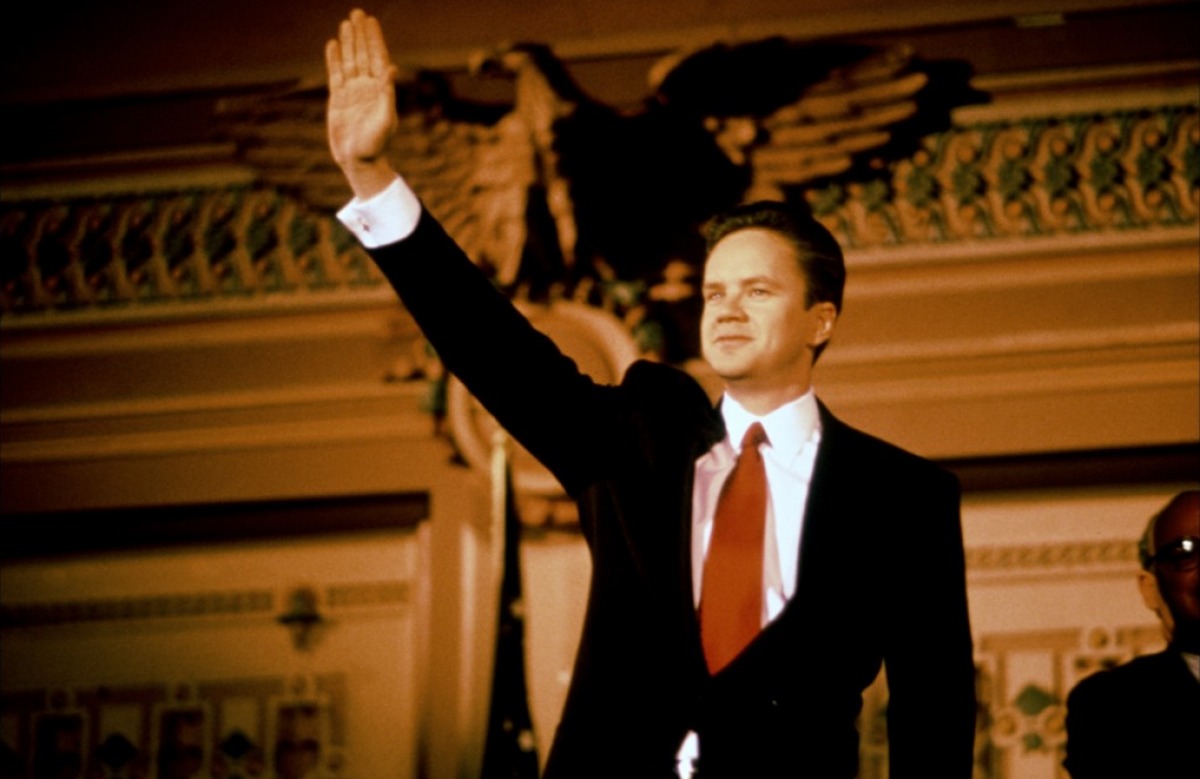
An outsider to politics, self-financed and already well-known for celebrity enters US politics, runs on a hard right-wing platform with a firebrand approach that inspires a fervent following. This may sound eerily familiar to a certain figure that has recently been elected president last year in the US, but this is also the character Bob Roberts.
Written and directed by and starring Tim Robbins, Bob Roberts is a wealthy conservative singer who runs for US Senate, running on a far right-wing platform and blending his campaign rallies into musical performances, where he sings derisive songs about drug addicts and people in America he deems “losers” while extolling traditional family values.
Shot in documentary style, the film details Bob Roberts’ campaign gathering steam as his right wing message begins to draw crowds and attention from the media. But an investigative reporter thinks that Roberts’ previous anti-drug business was a front for a CIA drug trafficking scheme. The rest of the film is a sharp satire on US politics and the danger of cult of personality. While released in 1992, it’s surprisingly prescient of today’s political climate.
2. Swimming with Sharks (1994)
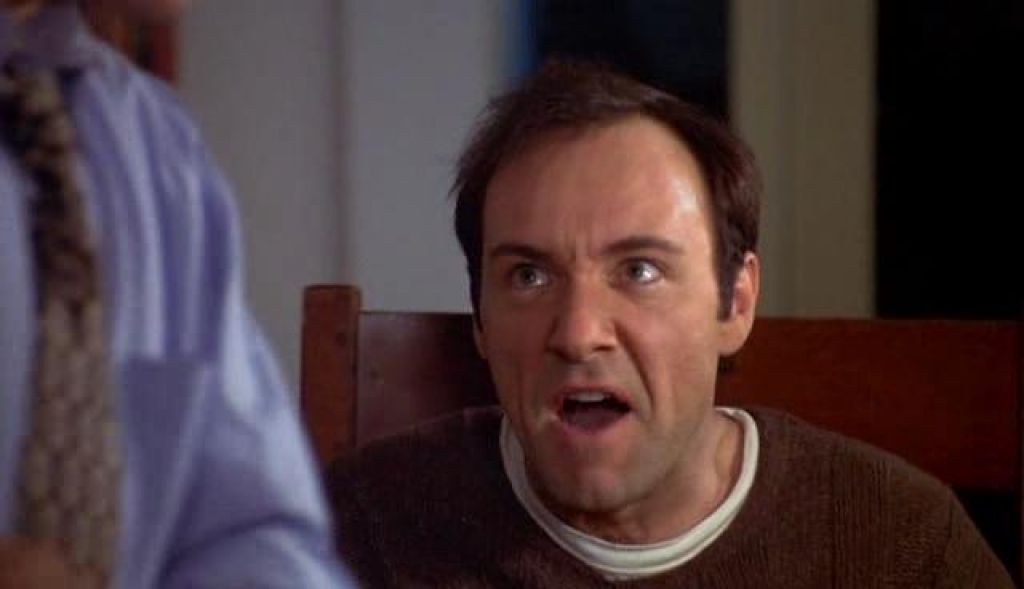
Hollywood’s a rough business: it’s cutthroat and filled with people who will stab you in the back with a smile just to get ahead. This is what naive newcomer Guy realizes when he begins to work as an assistant to movie mogul Buddy Ackerman (Kevin Spacey). While initially filled with enthusiasm about working in Hollywood, after Buddy’s relentless humiliation and abuse. When Guy finally has enough, he snaps, taking Buddy hostage and meteing out his own abuse.
A bitterly cynical comedy about a cynical business, Swimming with Sharks was a breakthrough role of Spacey, who would quickly go on to be one of the most acclaimed actors of the decade. Swimming with Sharks is a peek behind the curtain of the cruel machine behind the Hollywood dream factory.
3. The Last Supper (1995)
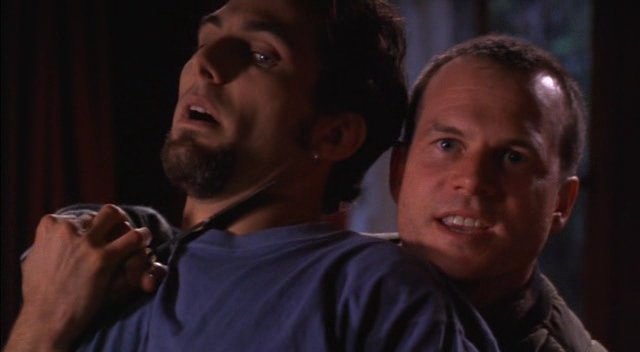
The battle between liberals and conservatives is a tale as old as time, a song as old as rhyme. In the liberal 1990s, conservatives were ripe for parody, but The Last Supper plays both sides as five graduate students begin to invite conservatives to their house for dinner and then poison them. After a number of murders, however, infighting in the group begins over the morality of what they’re doing. Things come to a head when they lure a famous conservative pundit to dinner, but not all of the group is on-board with killing him.
Smartly satirizing both sides of the US political spectrum, The Last Supper doesn’t miss the irony that a supposedly liberal group is committing unwarranted murders based on ideological differences. Meanwhile, the conservatives in the film are inflexible asses whose inevitable demises aren’t exactly mourned by the audience. Most important, The Last Supper shows that the more things change over the decades on the political spectrum, the more they stay the same.
4. To Die For (1995)
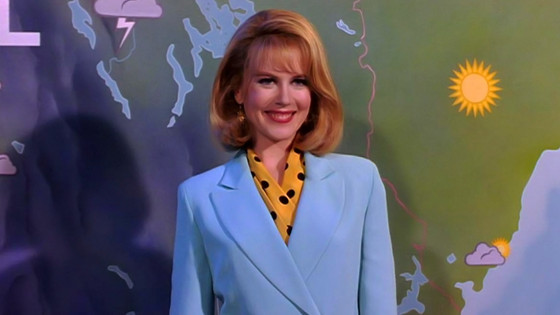
Suzanne Stone (Nicole Kidman) is an ambitious meteorologist at a local news station. Marrying a man not for love but because of the financial stability he provides, she soon grows tired of his insistence that they start a family, which she fears will interfere with her ambitions.
So Suzanne begins to plan his death. Seducing a ring of high school students to carry out the crime, Suzanne is seemingly caught only to skate away from punishment and enjoy her newfound notoriety–but her deceased husband’s family isn’t going to let her get away with it.
A pitch-black comedy with a captivating performance from Kidman, who plays a woman with extreme narcissistic personality disorder, and directed with style and slyness by Gus Van Sant, To Die For is a 90s dark comedy that’s–well, you know.
5. Welcome to the Dollhouse (1995)
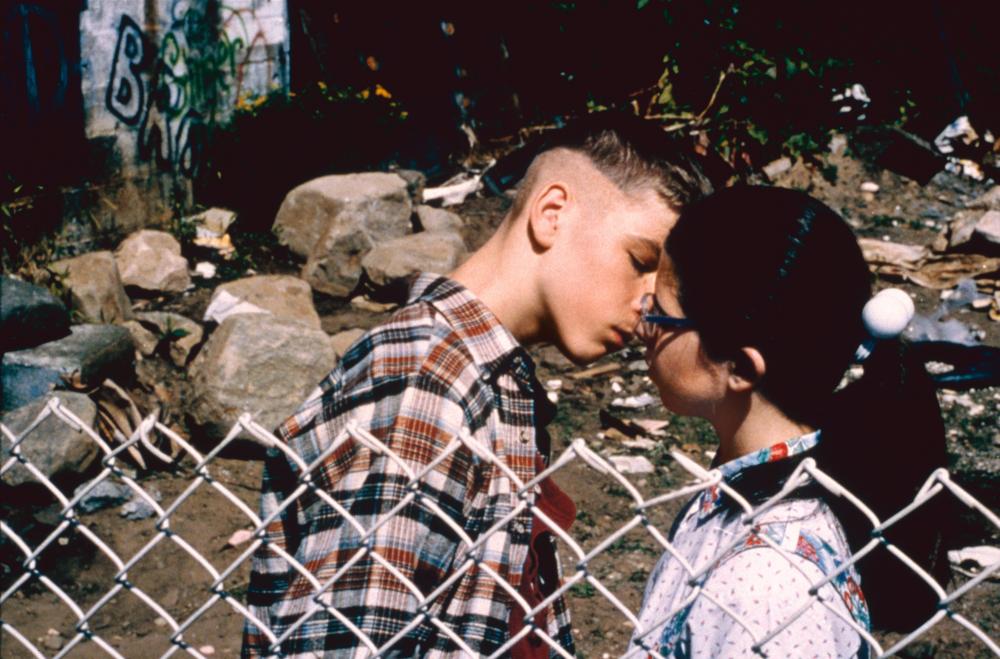
Adolescence can be rough, and this awkward phase can be made even worse when your entire existence is a perpetual awkward phase. In Welcome to the Dollhouse, we meet Dawn Wiener, an unattractive and socially inept seventh grader living in the suburbs with her spoiled 8-year-old sister and dorky teenage brother. She only has one friend, an equally outcast fifth-grader, and has a hopeless crush on a teenage musician who uses her brother (who’s a mediocre drummer) for a rehearsal space. The closest she comes to a relationship is with a troubled fellow classmate, who starts a tentative romance with her after threatening to rape her.
If this sounds horrifying, it’s just par for the course for director Todd Solondz, and this film–his feature debut–is a dark and often cringe-inducing look at a young girl’s unfortunate life. Kicking off Solondz’s (often very dark) directorial career and launching Heather Matarazzo as an actress, Welcome to the Dollhouse is an often painful comedy to watch about a time in life most of us would rather forget–which is probably what makes it so potent.